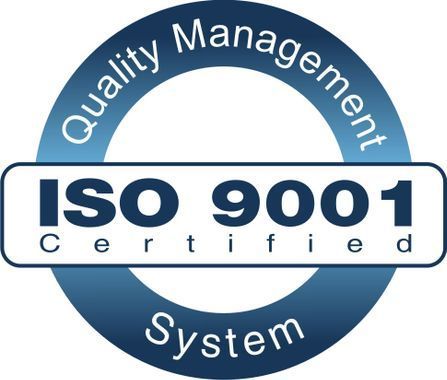- info@enadvantage.com
- 0300 656 90 90
In today’s competitive global market, standing out from the crowd is essential. Pakistani businesses are increasingly recognizing the value of implementing a Quality Management System (QMS) based on ISO standards. An ISO certified QMS signifies a commitment to quality, efficiency, and continuous improvement – factors that resonate with customers and stakeholders worldwide.
What is ISO Certification?
The International Organization for Standardization (ISO) develops a wide range of internationally recognized standards. ISO 9001:2015 is the gold standard for QMS. It provides a framework and set of principles that empower organizations to consistently meet customer needs and enhance overall performance.
Benefits of ISO Certification in Pakistan
There are numerous advantages to obtaining ISO certification in Pakistan:
How to Achieve ISO Certification in Pakistan
The process of achieving ISO certification in Pakistan involves several steps:

Getting Started with ISO Certification
The Pakistan Standards & Quality Control Authority (PSQCA) is the national body responsible for ISO certification in Pakistan. Their System Certification Centre (SCC) offers certification services for various ISO standards, including ISO 9001.
Numerous accredited consultants and training providers in Pakistan can guide you through the ISO certification process. They can offer valuable assistance in developing your QMS, conducting gap analyses, and preparing for audits.
Investing in Quality Pays Off
Implementing a QMS and achieving ISO certification is an investment in the future of your Pakistani business. By prioritizing quality and continuous improvement, you can gain a competitive edge, enhance customer satisfaction, and achieve long-term success.